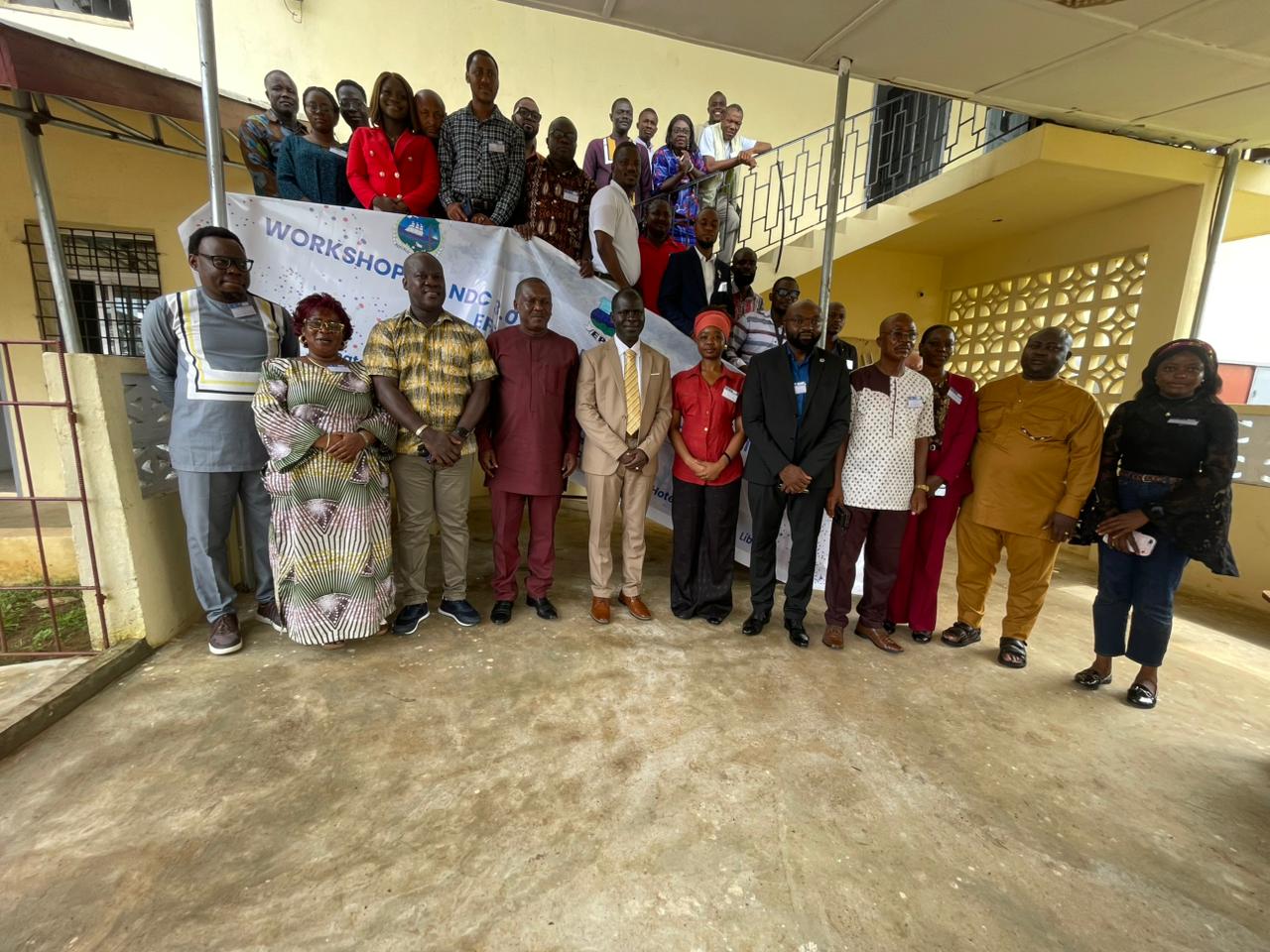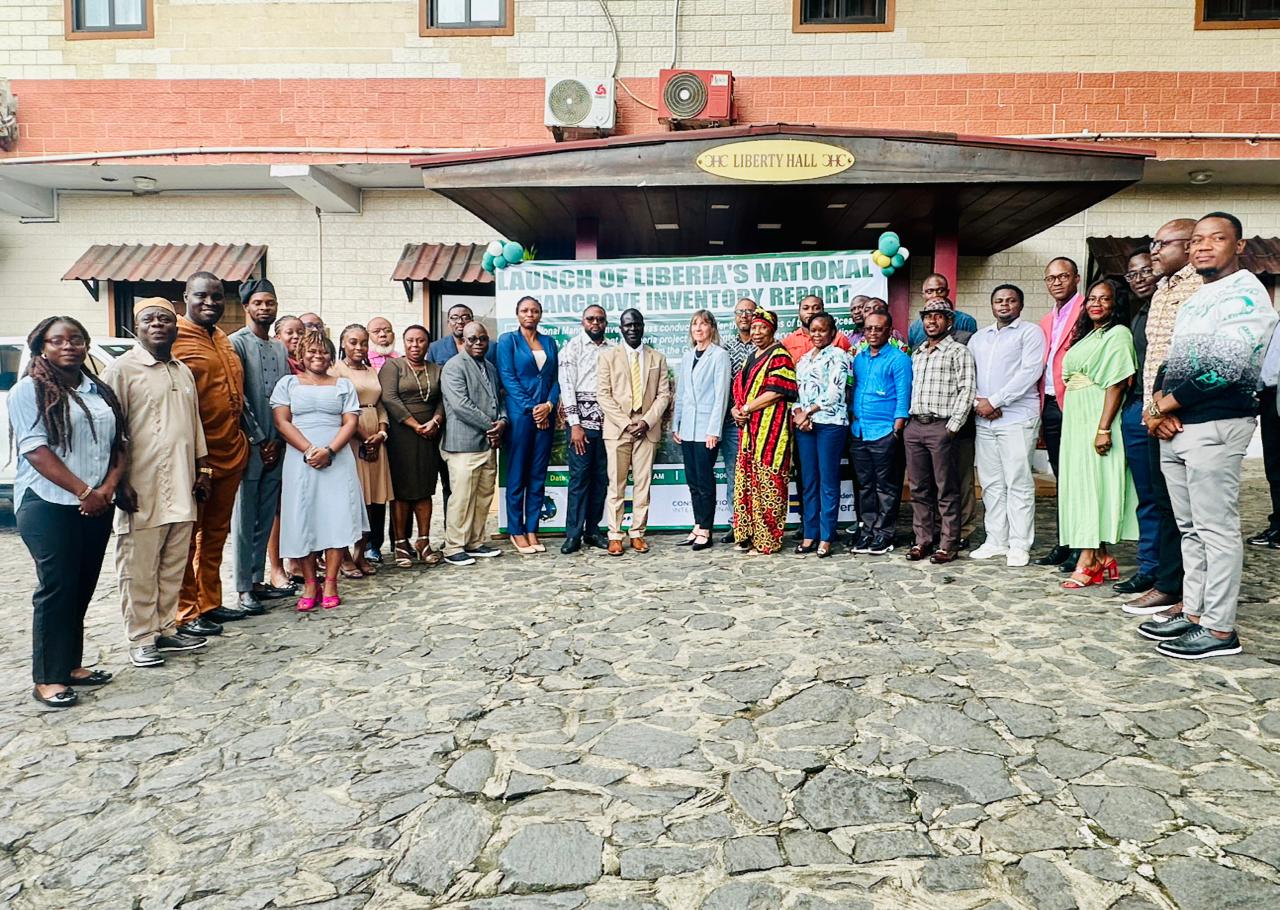EPA Boss Rallies NDC Focal Points to Drive Climate Action in Liberia
The Executive Director of the Environmental Protection Agency of Liberia (EPA), Dr. Emmanuel K. Urey Yarkpawolo, has called on Nationally Determined Contribution (NDC) Focal Points to take the lead in transforming Liberia’s climate goals into measurable national progress.
Delivering a keynote address at the Launch of Liberia’s National Mangrove Inventory report on Tuesday in Monrovia, Dr. Yarkpawolo said the people in the room are “the link between data and decision, between science and policy, between global commitments and community realities.”

Liberia’s NDC 3.0, recently submitted to the United Nations Framework Convention on Climate Change (UNFCCC), goes beyond cutting carbon emissions, he emphasized. According to him, it aligns with the government’s ARREST Agenda and places poverty reduction, distributive justice, and community welfare at the center of climate policy. “Although our emissions are among the lowest in the world, our vulnerability is among the highest,” he said, urging collaboration across sectors to advance climate response.
Dr. Yarkpawolo noted that Liberia has committed to a 64% reduction in national emissions by 2035—10% using domestic resources and 54% dependent on international support. Achieving that, he said, will require timely and credible data from all contributing institutions. Recalling Liberia’s past recognition among the top-performing countries for NDC transparency, he challenged delegates to reclaim that status through accurate reporting.

The EPA Executive Director also announced a forthcoming technical support program—CBIT Phase II—to strengthen data collection and monitoring skills among sector representatives. The initiative will focus on greenhouse-gas accounting, mitigation tracking, and adaptation results, in partnership with UNDP Liberia and the UNFCCC Regional Collaborating Centre in Lomé.
Describing the NDC 3.0 as “a promise and a national development blueprint,” Dr. Yarkpawolo urged attendees to remain committed to their role as climate champions. “Together, we will move from ambition to action, from plans to progress, and from reporting to real transformation,” he added.
Author: Cooper K.Sangar Jr.


